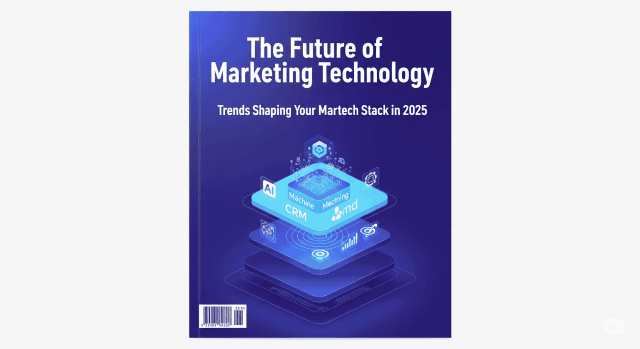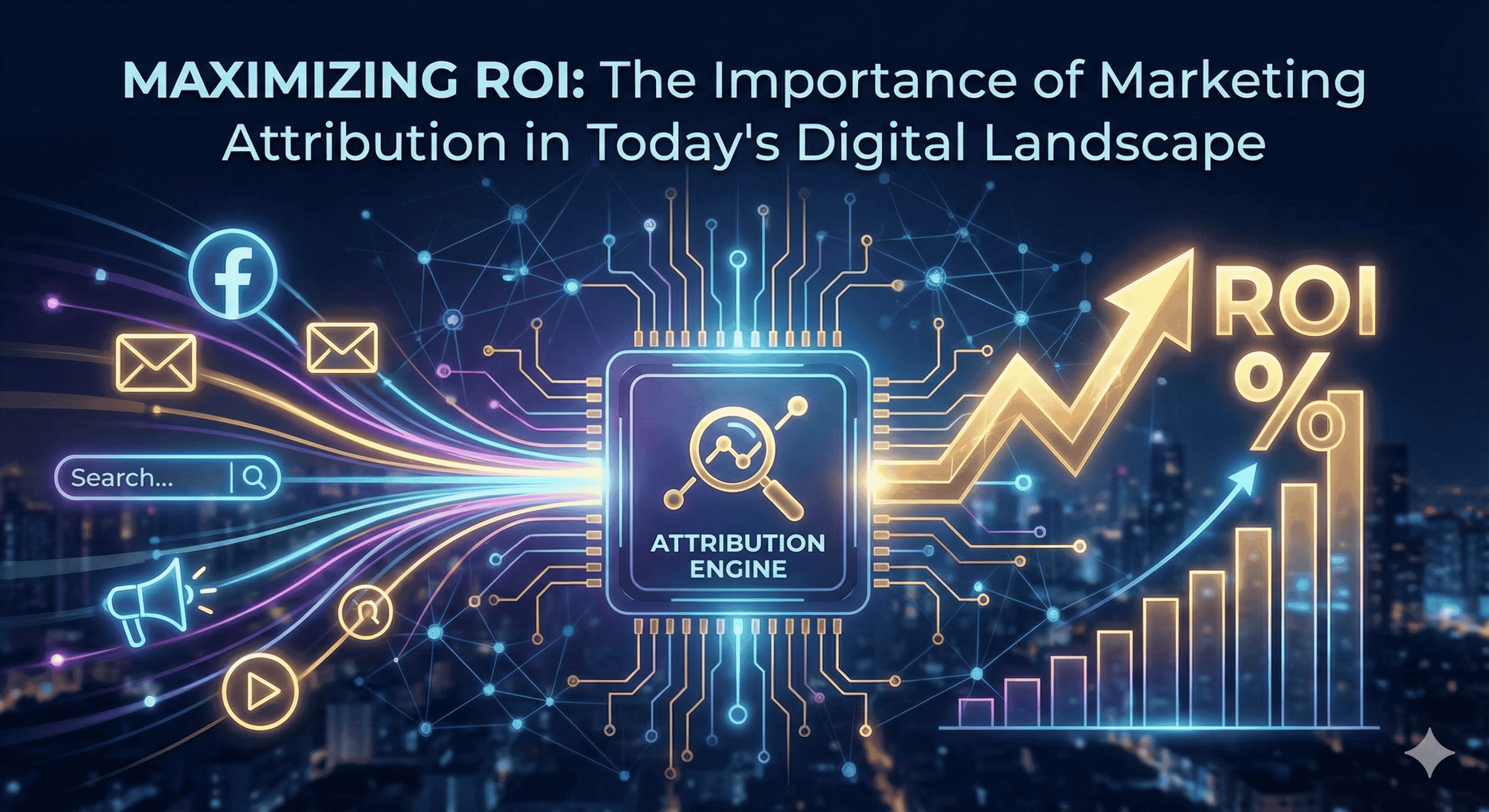As we move into 2025, the marketing landscape continues to evolve at a blistering pace. Marketing technology, or martech, is at the forefront of this transformation, empowering brands to engage customers more effectively and efficiently. In this article, we explore the trends shaping martech stacks in 2025 and what marketers need to focus on to stay ahead.
1. Artificial Intelligence and Machine Learning Integration
Artificial Intelligence (AI) and Machine Learning (ML) are revolutionizing how marketers understand consumer behavior and optimize campaigns. By leveraging vast amounts of data, AI can predict trends, automate routine tasks, and personalize customer experiences. In 2025, expect to see more sophisticated AI tools integrated into martech stacks, enabling marketers to:
- Analyze customer data for deeper insights.
- Automate content creation tailored to individual preferences.
- Enhance customer service through AI-driven chatbots and virtual assistants.
2. Hyper-Personalization
Consumers are increasingly demanding personalized experiences. In 2025, brands will need to harness data and AI capabilities to achieve hyper-personalization across all touchpoints. This means going beyond basic demographic targeting to deliver content and experiences that resonate on a personal level. Key tactics will include:
- Dynamic content that adapts based on user behavior.
- Customer journey mapping to tailor messaging across channels.
- Real-time analytics to refine strategies instantaneously.
3. Omnichannel Marketing Strategies
As consumer touchpoints grow, marketers must adopt omnichannel strategies that provide a seamless experience across platforms. In 2025, integrating customer data from various sources—such as social media, email, and in-store interactions—will become essential. This trend emphasizes the need for:
- Unified customer profiles to understand behaviors across channels.
- Cross-platform campaigns that ensure consistent messaging.
- Advanced attribution models to evaluate channel effectiveness.
4. Privacy and Compliance in Marketing
With increasing scrutiny on data privacy regulations, such as GDPR and CCPA, marketers must prioritize compliance without sacrificing personalization. In 2025, embracing privacy-centric marketing strategies will be crucial. This includes:
- Consent management tools to handle customer data ethically.
- Transparent communication about how data is used.
- Adopting first-party data strategies to build trusted customer relationships.
5. Low-Code and No-Code Solutions
The rise of low-code and no-code platforms is democratizing tech access, allowing marketers to build and deploy campaigns without deep technical expertise. By 2025, we can expect:
- Increased agility in campaign creation and iteration.
- Greater collaboration between marketing and IT teams.
- Easier integration of new tools to adapt to changing needs quickly.
6. Voice and Conversational Marketing
As voice-activated devices and conversational interfaces become more mainstream, marketers must adapt their strategies to this trend. By 2025, optimizing for voice search and leveraging conversational marketing through chatbots and voice assistants will be paramount. Key insights include:
- Natural Language Processing (NLP) to understand and respond to queries naturally.
- Creating content suited for voice search queries.
- Designing conversational experiences that engage users in real-time.
7. Augmented Reality (AR) and Virtual Reality (VR)
AR and VR are evolving from novelty technologies to essential tools in the marketer’s arsenal. As they become more accessible, brands can create immersive experiences that captivate audiences. In 2025, expect to see:
- Interactive product demonstrations using AR.
- Immersive storytelling that enhances brand narratives.
- Virtual events that engage consumers in new and innovative ways.
Conclusion
The future of marketing technology in 2025 promises to be dynamic and transformative. By incorporating these trends into their martech stacks, brands can enhance customer engagement, improve efficiencies, and gain a competitive edge. As we embrace these advancements, marketers must remain agile, continuously adapting their strategies to meet the evolving needs of consumers. Staying ahead in this rapidly changing landscape will require a commitment to innovation, collaboration, and customer-centricity.







